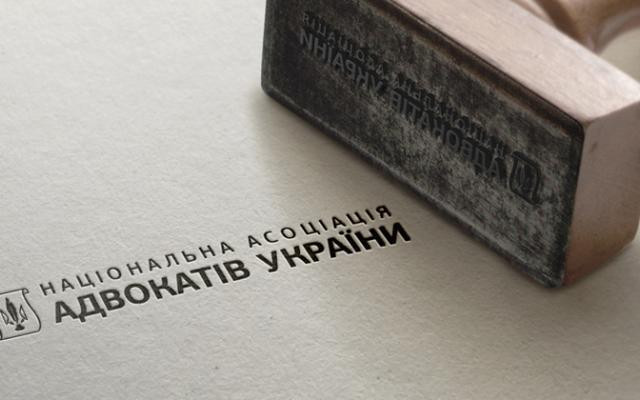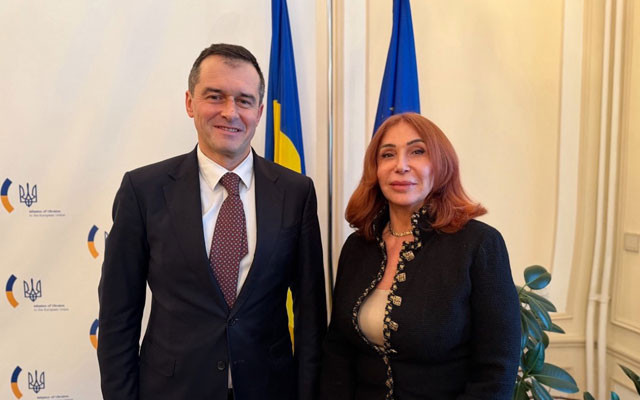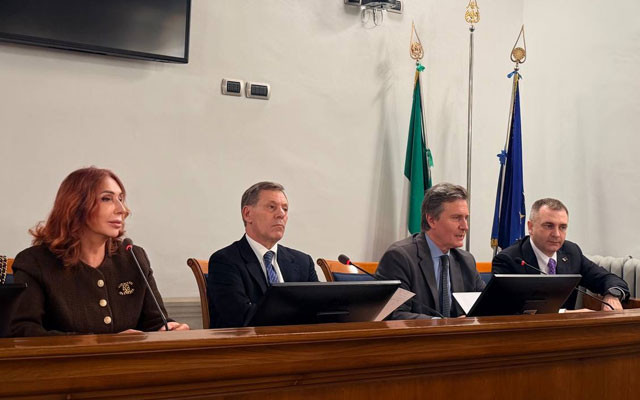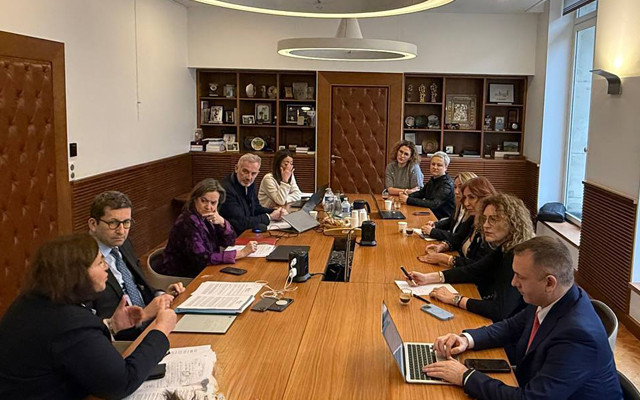HQDCB members will not be able to abstain from voting

In accordance with the Rules of Procedure of the High Qualification and Disciplinary Commission of the Bar, the HQDCB's decision is made by open vote. Until the last meeting, members of the commission could vote for, against, and abstain.
The last option, when a member of the commission could withdraw from the decision, was removed by the Bar Council of Ukraine. By its decision of 21.10.2024 No. 67, it amended the Rules of Procedure of the HQDCB. Now, a member of the HQDCB is not entitled to abstain from voting.
As a reminder, the HQDCB is a collegial body tasked with reviewing complaints against decisions, actions or inactions of the qualification and disciplinary commissions of the regional bar associations. The HQDCB consists of thirty members.
Upon consideration of the complaint, the Commission has the right to:
1) leave the complaint unsatisfied and the QDCB's decision unchanged;
2) change the decision of the QDCB;
3) to cancel the decision of the QDCB and make a new decision;
4) send the case for a new consideration and oblige the QDCB to take certain actions.
Decisions are made by voting by a majority of the total number of commission members. In other words, in any case, at least 16 votes are required to make a decision.
Pursuant to clause 3.45 of the HQDCB Regulations, in the absence of the majority of votes required by law, the complaint is considered rejected, as indicated in the HQDCB decision to dismiss the complaint and leave the decision of the QDCB unchanged.
Thus, in accordance with this clause, in some cases, commission members who did not support the contested decision of the QDCB but at the same time did not accept the rapporteur's proposals on it, such members had the opportunity to abstain from voting on the draft decision of the Higher Commission. Starting from the next meeting, they will have to decide in favor of or against the draft decision in any case.
In addition, Decision No. 67 also clarified the provisions on cases when complaints are sent for consideration to the QDCB of another region, the secretariat's access to the materials of disciplinary proceedings, the forms of decisions taken by the commission, the format of notifications of meetings, and other procedural issues.
Popular news

Self-government
The BCU demands a review of the composition of the government working group on reforming the advocacy profession
The President of the UNBA, BCU Lidiya Izovitova, appealed to the Cabinet of Ministers of Ukraine to review the composition of the working group on improving legislation in the field of advocacy and legal practice.

Discussion
Why lowering the age of marriage lacks legal logic
Although until 2012 there was a provision in family law that allowed children to marry from the age of 14 under certain circumstances, its return to Ukrainian law would contradict international obligations and the logic of criminal law.

European integration
Open dialogue between the UNBA and the European Commission on the path to EU
The Ukrainian National Bar Association held a working meeting in Brussels with Mr Wolfgang Nozar, Head of Unit for Governance, Rule of Law and Financial Assistance, Directorate-General for Enlargement and Eastern Neighbourhood (DG ENEST), European Commission.

Self-government
A report on Ukrainian advocacy was presented in the European Parliament
Can a shadow report on advocacy replace the political framework of the Roadmap on the rule of law with demands for the restructuring of self-government? Where is the line between accountability and the seizure of institutions? And how can we respond to narratives with data rather than impressions?

European integration
UNBA and Ukraine's representation to the EU have synchronized their priorities
On February 5, in Brussels, the President of the UNBA, BCU Lidiya Izovitova held a working meeting with the Ambassador Extraordinary and Plenipotentiary of Ukraine, Representative of Ukraine to the European Union Vsevolod Chentsov.

Guarantees of the practice of law
Proceedings opened following attack on advocate in Dnipro
The Committee for the protection of advocates' rights and guarantees of legal practice of the UNBA appealed to law enforcement agencies in connection with an advocate's report of an attack while performing his professional duties. The information was entered into the Unified Register of Pre-trial Investigations and a pre-trial investigation was initiated.

Interaction
«With us — to Europe»: Italian advocacy supports UNBA initiatives
On January 30, a meeting was held in Rome between a delegation from the Ukrainian National Bar Association and the National Bar Council of Italy (Consiglio Nazionale Forense, CNF) on the standards and practices of the legal profession and their significance for Ukraine's European integration process.

Interaction
France confirms cooperation with UNBA on reforms in the field of the rule of law
On January 29, a working meeting between representatives of the Ukrainian National Bar Association and the French National Bar Council (Conseil National des Barreaux, CNB) took place in Paris.
Publications

Volodymyr Matsko Extradition as a systemic form of rights violations

Victoria Yakusha, Law and Business The anti-corruption vertical cannot «take care» of the Bar as an institution, - acting head of the HQDCB

Censor.net Protecting advocates – protecting justice: addressing concerns about the new law

Ihor Kolesnykov A BRIEF SUMMARY REGARDING THE APPLICATION OF THE ORDER ON EXTENDED CONFISCATION IN LATVIA REGARDING FINANCIAL ASSETS OF…

Valentyn Gvozdiy WORKING IN A WAR ZONE

Lydia Izovitova Formula of perfection

Sergiy Vylkov Our judicial system is so built that courts do not trust advocates

Iryna Vasylyk Advocacy in the proclamation of Independence of Ukraine
